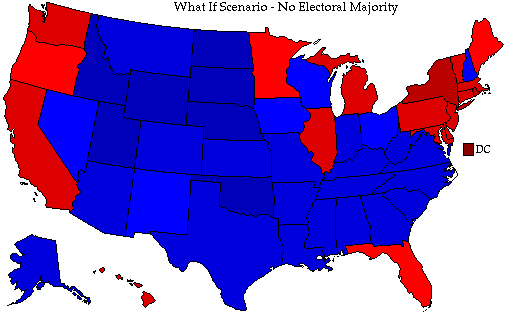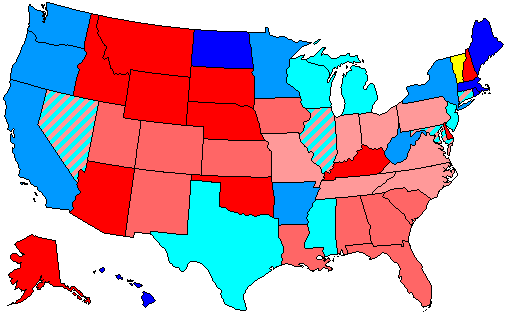According to
new numbers just released from the U.S. Census Bureau, 80.7 percent of the U.S. population lived in urban areas as of the 2010 Census
...
The New York-Newark metro area is still the nation's most populous, with 18,351,295 residents. Los Angeles-Long Beach-Anaheim is still the second, with 12,150,996, and the Chicago area is still third, with 8,608,208. Despite all the booms and busts in other cities over the years, these three have been the most populous since the 1950 Census, when urban areas were first delineated by the Census Bureau. Their dominance likely extends even farther back in history.
But we're not just talking about cities here. The new figures represent the population in "urban areas," which the Census Bureau defines as "densely developed residential, commercial and other nonresidential areas."
There are officially two types of urban areas: “urbanized areas” of 50,000 or more people and “urban clusters” of between 2,500 and 50,000 people. For the 2010 count, the Census Bureau has defined 486 urbanized areas, accounting for 71.2 percent of the U.S. population. The 3,087 urban clusters account for 9.5 percent of the U.S. population.
Though these smaller urban clusters account for a relatively small portion of the total population, they make up the vast majority of the roughly 3,500 "urban" areas in the U.S. But is a town of 2,500 people really what we think of as "urban"?
According to the Census Bureau, a place is "urban" if it's a big, modest or even very small collection of people living near each other. That includes Houston, with its 4.9 million people, and Bellevue, Iowa, with its 2,543.
With such a wide range in populations, there's also a wide range in average densities among these urbanized areas and urban clusters. The L.A.-Long Beach-Santa Ana metropolitan area has the highest population density, with 6,999.3 people per square mile. Hickory, North Carolina, has the lowest, with 811.1 people per square mile. Among urban clusters, Richgrove, California, has the highest density (and highest in the nation), with 10,016 people per square mile. Center, Alabama, has the lowest, with 363 people per square mile.
But 2,500 people is hardly what we'd think of as a city, or even 5,000 for that matter. Let's say we decided to call places with 20,000 residents or less small towns. Of the 3,573 urban areas in the U.S. (both urbanized areas and urban clusters), 2,706 of them are small towns, by this definition. That's 75.7 percent.
If roughly 80 percent of our population is urban, roughly 80 percent of our urban areas are actually small towns.

